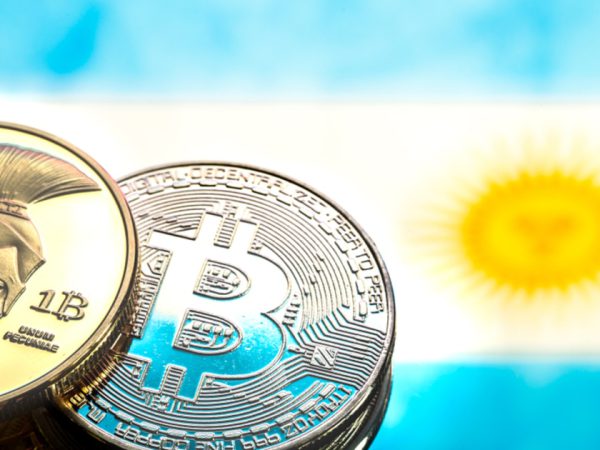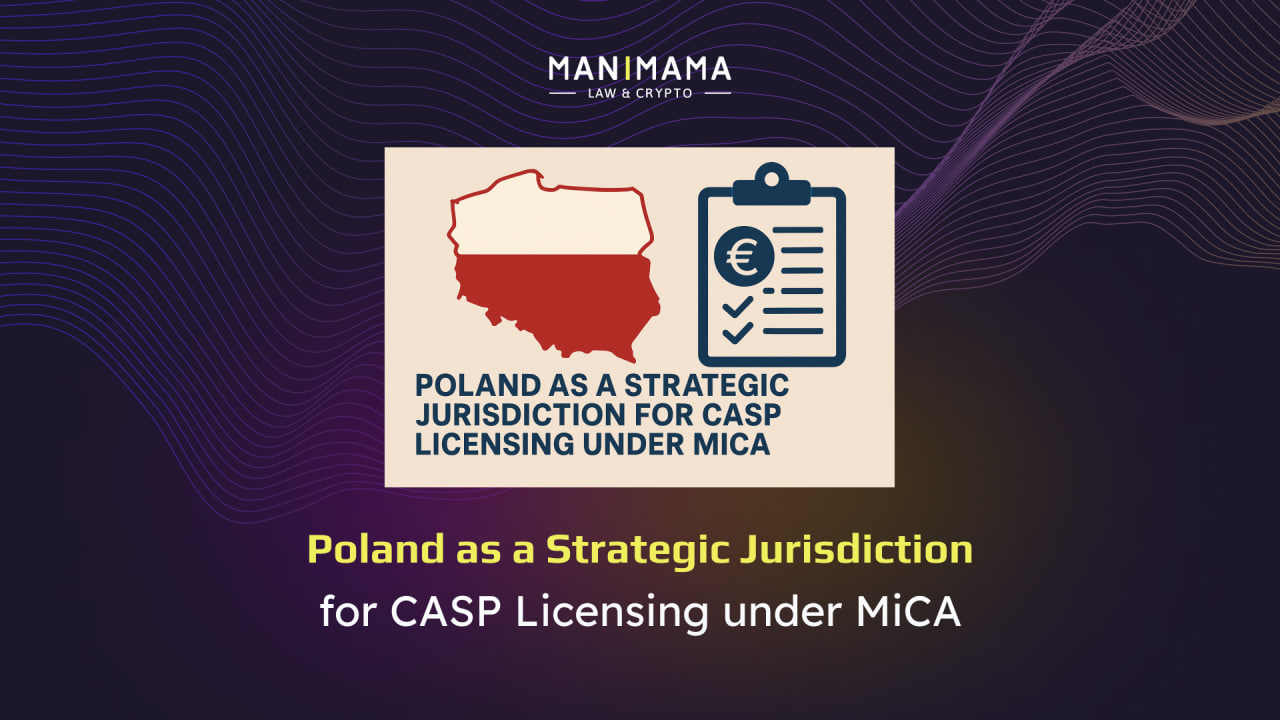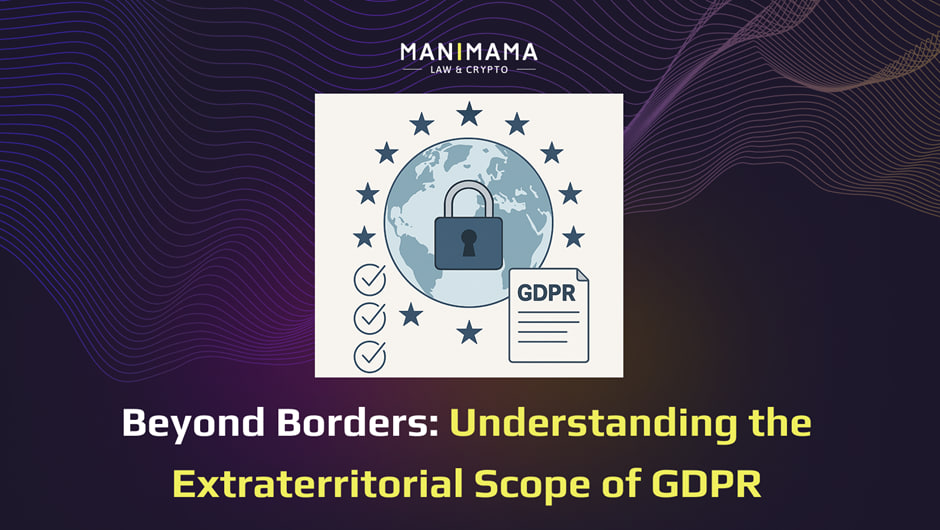Argentina is a leader in the South American region to adopt Virtual currencies and the government is still making progress in this vein.
Economic instability, foreign exchange restrictions and rapid depreciation of the Argentine rupee made the government rethink its approach against virtual currencies.
With the aim to protect its savings against inflation, to prevail the ban on purchase and sale of foreign currency abroad and the government did not prohibit using crypto currencies, therefore making their use legal. To protect their employees from constant fluctuations in exchange rates, it also allowed employers to pay salaries in cryptocurrency.
CONTEMPORARY POLICIES
Virtual currencies (cryptocurrency) are not legal tender, but their usage is not expressly prohibited in Argentina, making them very popular in the face of extreme changes in the exchange rate of the national currency. According to the Constitution of Argentina, the only government body that has the right to issue money is the Central Bank of Argentina. Thus, the cryptocurrency cannot be attributed to the legal money of Argentina. This is also confirmed by Art. 765 of the Civil and Commercial Code of Argentina, according to which only Argentine fiat currency can be considered money.
The Financial Information Division (Unidad de Información Financiera – hereinafter referred to as – “UIF”) has provided its definition of cryptocurrencies as “a digital representation of value that can be digitally traded and that functions as a medium of exchange; and/or unit of account; and/or a store of value, but is not legal tender in any jurisdiction and is not issued or guaranteed by any government or jurisdiction.” Despite the fact that virtual currencies (cryptocurrencies) are not prohibited in Argentina, the Central Bank (Banco Central de la República Argentina – hereinafter referred to as – “BCRA”) in May 2022 banned national banks from carrying out any operations with crypto assets.The aforementioned Communiqué was facilitated by the announcement by 2 national banks of Argentina (Banco Galicia and digital bank Brubank SAU) that their customers, through a special banking application that customers use to buy bonds or shares, and through a partnership with the Lirium crypto wallet, will be able to transact with cryptocurrencies.
Regarding Initial Coin Offerings (hereinafter referred to as – “ICOs”), the only state-level reference to them was the Communication of the National Securities Commission (Nacional de Valores hereinafter referred to as -“CNV”), in which CNV warned investors about the risks of dealing with ICOs and where it was said that ICOs are not are subject to the rules applicable to the capital markets, but at the same time, individual ICOs may be under the control of CNV, depending on their structure and specific characteristics.
Argentina does not have specific legislation that applies to the sale of cryptocurrencies under securities laws or investment laws, and thus, as of now, there is no provision for obtaining a license to deal in virtual currencies. A license is required only if the virtual currency falls under the definition of a security.
Mining of bitcoins and other virtual currencies is not prohibited, but at the same time, there is no basis for legal regulation of such activities.
Thus, the cryptocurrency in Argentina is not actually regulated by national legislation, is not a legal tender and falls under the definition of virtual currency. Only those tokens that are issued by the central authority are subject to the Capital Markets Law and transactions as securities. At the same time, the ban on banks to conduct transactions with cryptocurrencies does not prohibit the use of crypto assets by other individuals.
AML REQUIREMENTS
Argentina is a member of the Financial Action Task Force (hereinafter referred to as -“FATF”). At the national level, Resolution UIF 300/2014 is actively used, which introduces additional reporting obligations for certain entities under the Anti-Money Laundering Law (hereinafter reffered to as – “AML Law”), and the Tax Reform Law.
The AML Law provides specific rules for a number of entities, namely:
- financial organizations;
- broker-dealers;
- credit companies;
- Insurance companies;
- public notaries;
- as well as some government registrars and agencies.
The general AML rules include the following:
- application of know-your-customer (KYC) procedures;
- report any transactions suspected of money laundering or terrorist financing to the UIF;
- refrain from disclosing information to their customers or third parties about activities carried out in accordance with the AML Law;
- the obligation to report all transactions made with virtual currencies, regardless of their amount;
- warn about the risks associated with transactions using virtual currencies;
- strictly control any transactions made by their customers with virtual currencies.
TAXATION
The tax on income of resident individuals received from the sale of virtual currency is 15%. Similarly, income received from the Argentine source from the sale of virtual currency to a non-resident individual is taxed. Resident legal entities must pay tax on any profits received from the possession or sale of virtual currencies in the amount of 25 to 35%, regardless of the source of such income.
The Argentine Civil and Commercial Code classifies assets into two categories: tangible and intangible. Rights to intangible assets such as intellectual property do not materialise in the physical sphere. Thus, as a digital representation of value, virtual currencies are intangible assets that are able to form part of individuals’ and legal entities’ property. The Personal Assets Tax Law does not include clear rules in relation to cryptoassets. There are also beliefs that crypto assets are not subject to tax as they should be considered non-taxable intangibles. There is an understanding that they are taxable, yet there are no clear rules to identify as to where to place a cryptoasset and how to establish the taxable base of a cryptoasset.
Value added tax is a local tax that is levied on gross income, hence it may also apply to virtual currencies. Each of the provinces and the City of Buenos Aires apply different tax rates for different activities. Nowadays, transactions with virtual currencies are not subject to turnover tax in Argentina. Value added tax is not applicable in case of transfer, sale or exchange of virtual currencies.
SUMMARY
In Argentina, the use of cryptocurrency is convenient for individuals in order to avoid financial losses in case of extreme changes in the exchange rate of the national currency. In banking institutions controlled by BCRA, any transactions with cryptocurrencies are prohibited. As was mentioned above, the country also lacks proper regulation of cryptocurrencies. At the same time, transactions with cryptocurrencies are under the control of the FATF and UFI and all the basic requirements of the AML policy apply to them. Taxation of transactions with virtual assets occurs in the same way as with any other income and has no special regulation.
Legal entities can use cryptocurrency in their business activities without a special license only if such cryptocurrency does not fall under the definition of a security and defined assets as per CNV regulation. Cryptocurrencies in Argentina requires much clearer regulation to define the rules for VASPs , measures to obtaining a VASP license which will play a key role to increase investment in this country. Nowadays, Argentina’s authority are only working on the introduction of cryptocurrency into the national legal and financial system. But we can expect more advancements and cleared legislative guides from the officials so the Country can further support its position as a crypto hub of Southern America.
The content of this article is intended to provide a general guide to the subject matter, not to be considered as a legal consultation.
photo credits











